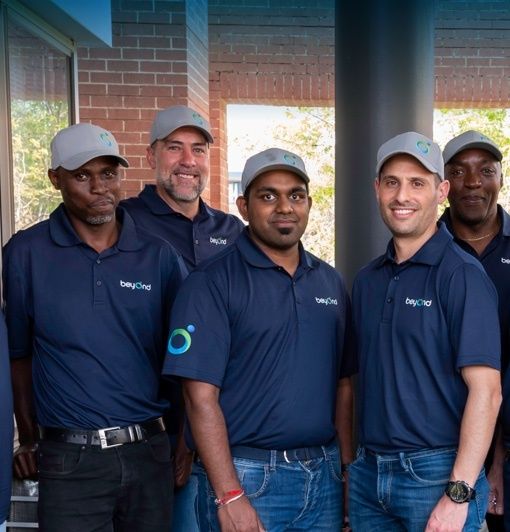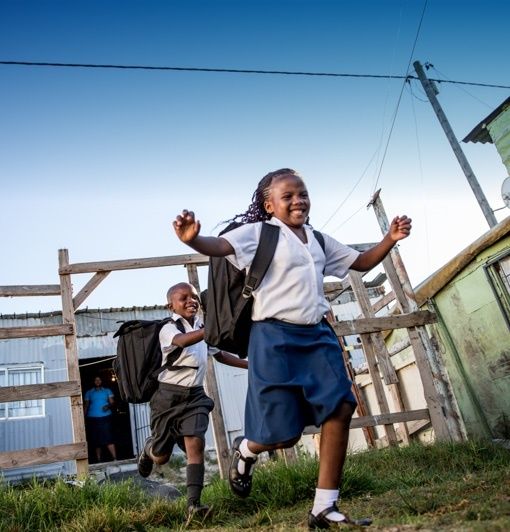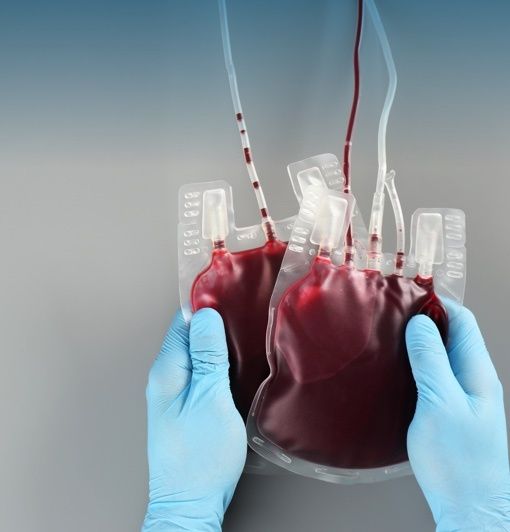
SA business partners with UNICEF to support the vaccine rollout globally
19 April 2021
South African Internet of things (IoT) solution provider Beyond, has recently entered into a long-term agreement with the United Nations Children's Fund (UNICEF) to supply its remote cold chain monitoring solution in support of UNICEF's global vaccination programme.
UNICEF will be responsible for distributing Covid-19 vaccines to 92 low and lower-middle-income countries while also supporting procurement for more than 97 upper-middle-income and high-income nations. Together, these represent more than four-fifths of the world's population. UNICEF is working with vaccine manufacturers, logistics companies and technology partners to procure, distribute and monitor 2 billion Covid-19 vaccines by the end of 2021.
Ian Lester, CEO of Beyond, explains, "Together with UNICEF and other NGOs, our technology is already deployed in over 70 countries. The objective of this agreement is to accelerate the procurement process. Time is of the essence."
All vaccines must be stored and transported within a particular temperature range to ensure efficacy. Beyond's remote temperature monitoring devices and global IoT platform allow partners to view the entire cold chain in real-time as they move vaccines from national depots to the most remote villages.
"Securing an equitable vaccine supply is only one part of the problem. Perhaps the bigger and vastly more complex challenge is in the storage and transportation of the vaccines, particularly within the last mile where power, infrastructure and skills are in short supply," adds Lester.
Lester hopes that the silver lining on the very dark Covid cloud is that the world’s cold chain capacity will be enhanced, not only to support the Covid-19 vaccine but also for routine vaccinations. "It is crucial to remember that deadly diseases like measles, polio, mumps have not gone away while Covid-19 is tearing the world apart; we have to keep those programmes going while stopping the spread of Covid-19."
Transatlantic collaboration to solve the last mile challenge
Beyond and San Francisco-based medical equipment designer and manufacturer, 3rd Stone Design, are together solving the problem of last mile cold chain logistics. Beyond's remote temperature monitoring and GPS tracking solution is embedded into 3rd Stone's mobile vaccine refrigerator for ensuring safe and effective vaccinations to underserved populations globally.
To end the pandemic, as many people as possible, even those in remote locations, need to be vaccinated. The challenge is getting vaccines to patients in the last mile at the right temperature.
Robert Miros, CEO of 3rd Stone Design, explains, "Current last-mile vaccine carriers depend on unreliable ice-based cooling, resulting in 19-38% spoilage from vaccines getting too hot or too cold en-route. With humanity now needing to deliver billions of doses of vaccines to fight Covid-19, such high wastage is self-defeating. It will only prolong the pandemic, as outbreaks recur."
This thermal-electrically cooled, highly mobile and rugged, battery-powered vaccine refrigerator allows healthcare workers to take vaccines to patients safely while also providing complete visibility of the temperature and location to immunisation program managers. It maintains the temperature between 2 and 8 degrees Celsius for up to 12 hours on a single battery charge and can be recharged by either AC mains power, DC power, such as a small solar panel, or even from a car's cigarette lighter.
Lester adds, "Aside from real-time monitoring the temperature of these vaccine refrigerator units, we're also tracking their locations. In many parts of the world, the limited supply and unlimited demand for vaccines mean that diversions are inevitable. Tracking its location in real-time mitigates that risk."
Stone Cold Systems has been delivering Covid-19 vaccines in New York City, Atlanta, Georgia and British Colombia, Canada, and shortly will be deployed in Europe and Southern Africa.
Featured content
© 2025 Beyond PTY Ltd.




